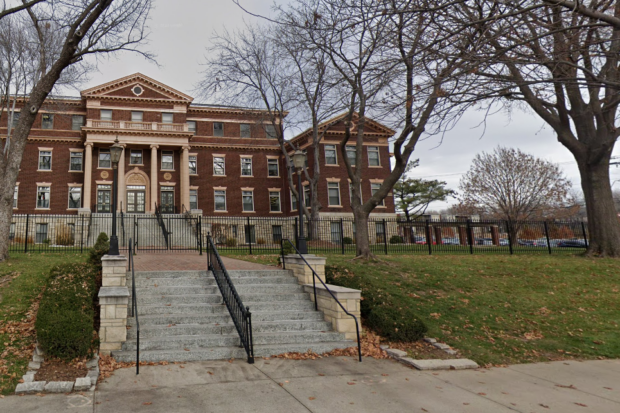HOME | ABOUT US | MEDIA KIT | CONTACT US | INQUIRE
HOME | ABOUT US | MEDIA KIT | CONTACT US | INQUIRE

Kansas City University plans to develop a new Center for Population Health and Equity for both of its campuses.
Posted January 17, 2024
Kansas City University announced its latest plans to create a new Center for Population Health and Equity to address outside factors of the healthcare system that contribute to health inequities in the community.
The center’s main focus is to educate communities in Kansas City and Joplin and identify contributors to health inequities including race, socioeconomic, geographic and others, according to a release.
“We know that more than 80 percent of an individual’s health is driven by the economic, social, environmental, cultural and physical factors that have a measurable impact on people’s ability to thrive and maintain optimal health,” KCU president and CEO, Marc B. Hahn, DO said in the release. “At the same time, life expectancy in the U.S. continues to lag that of other developed nations, ranking just 46th in the world and projected to plummet to 64th by 2040. Since 1990, Missouri has fallen from 24th to 39th among states in health outcomes and is considerably below the U.S. average.
Funding for the new center came from congressionally directed spending in fiscal years 2022 and 2023 equating to $11 million, with an additional $12 million from KCU and philanthropic supporters.
The Kansas City and Joplin campuses will receive improvements in preparation for the center. The Kansas City campus will complete a remodeling project with an anticipated opening of the Center in summer 2024 and the Joplin campus will construct a new building to house the Center, slated to open in 2025.
KCU will work with partnering hospital systems, federally qualified health centers and Heart to Heart International to create incentive programs for medical students who wish to stay in the community after they graduate.
KCU, founded in 1916, was ranked No. 5 in Ingram’s Top Private Colleges & Universities based on post-graduate enrollment, with nearly 2,000 grad students enrolled in fall 2021.